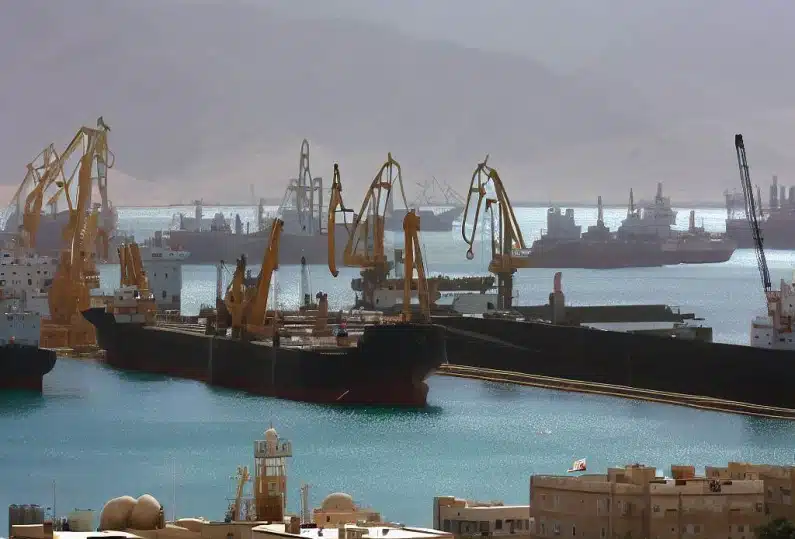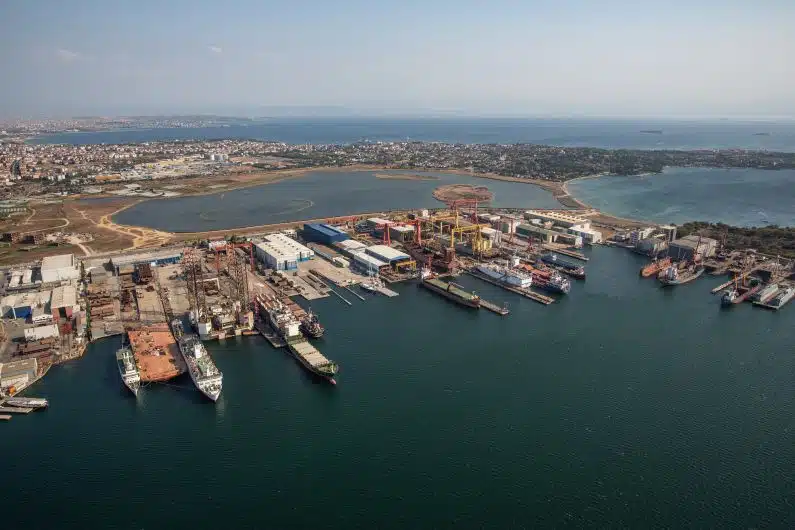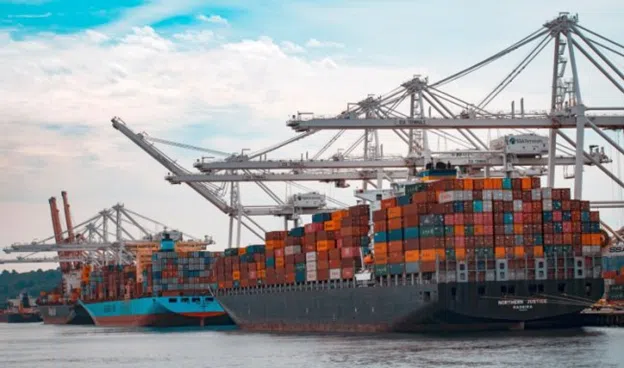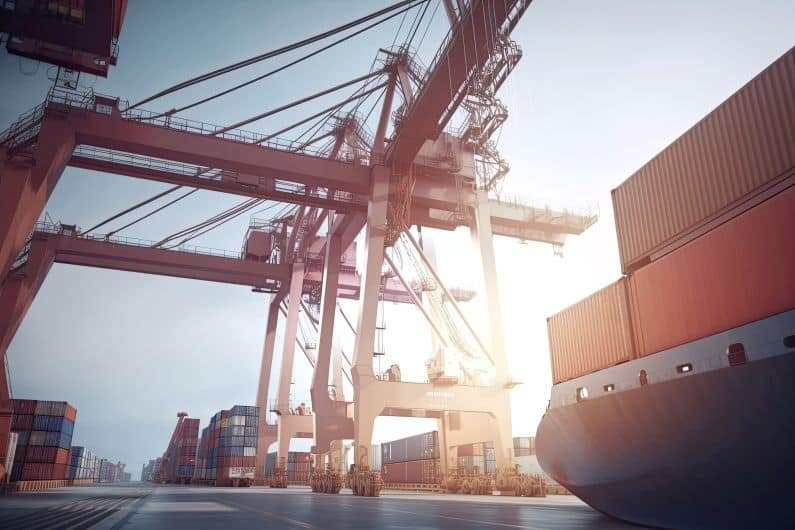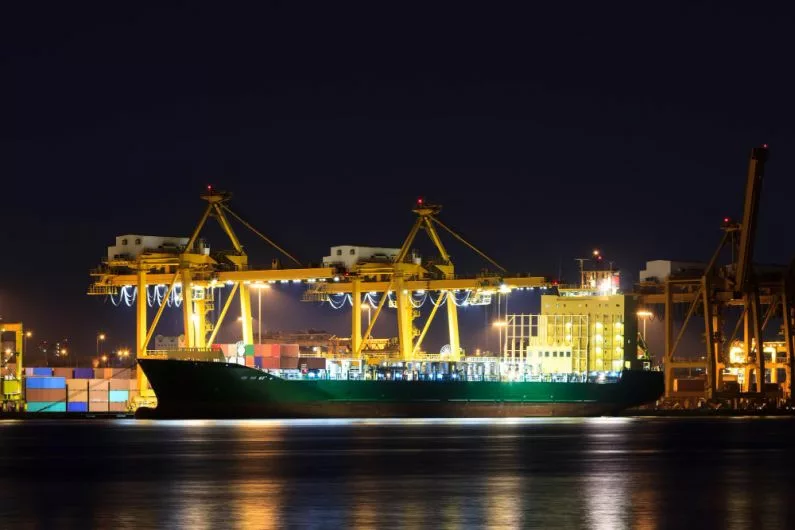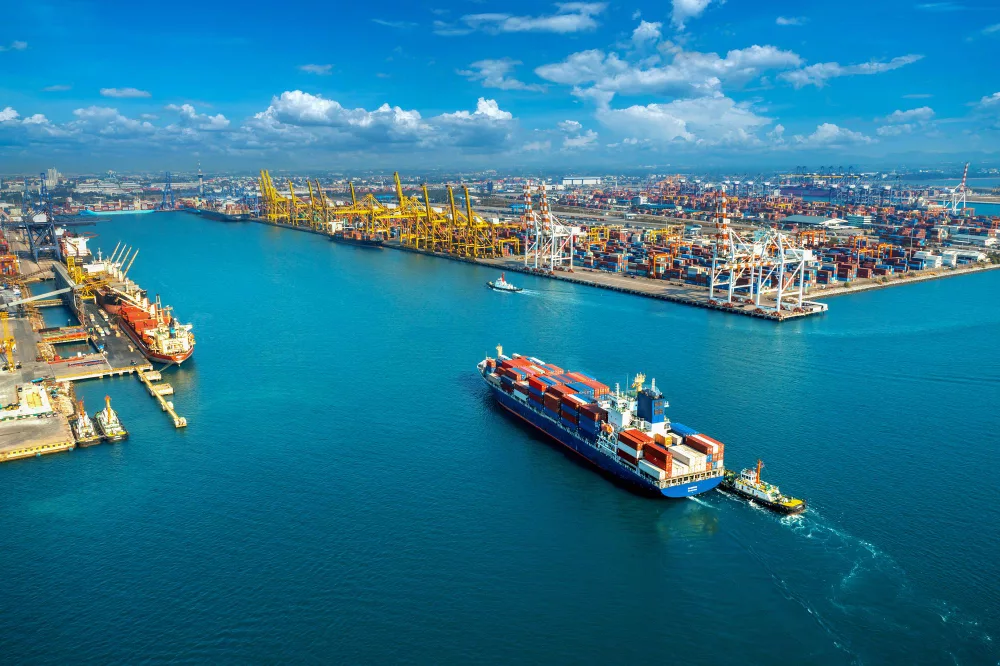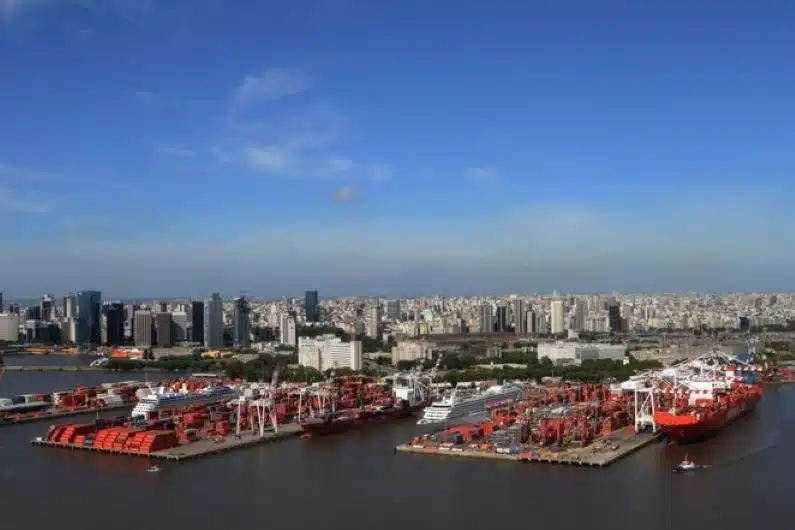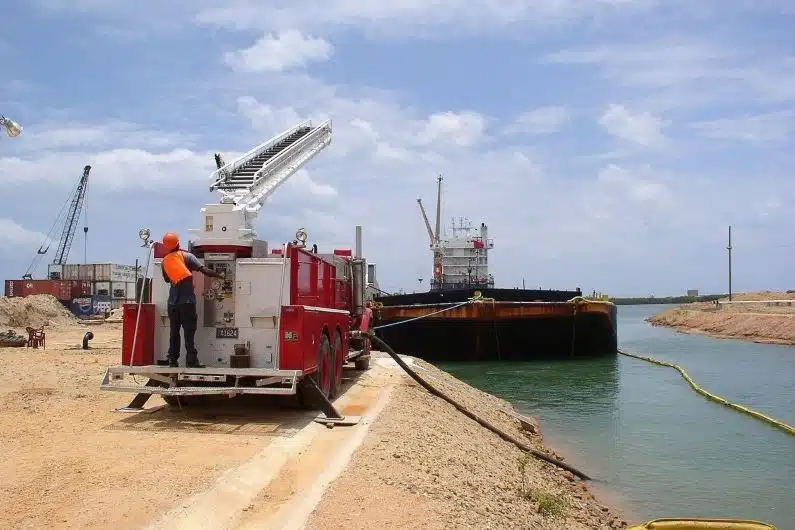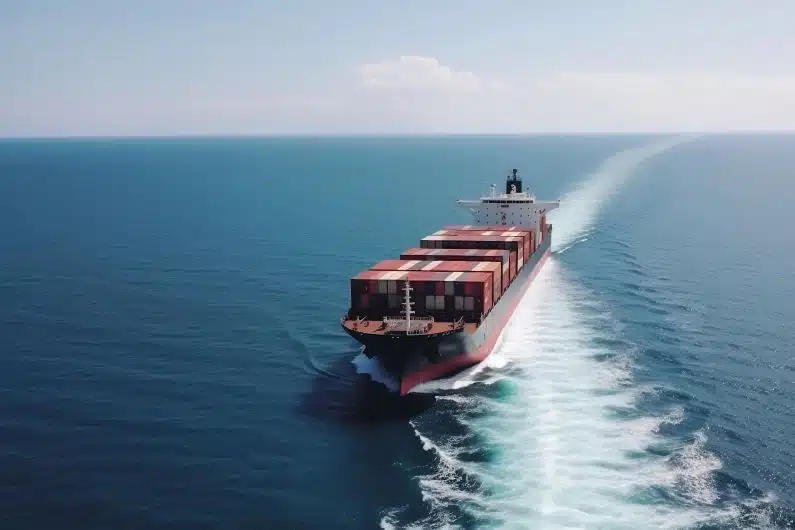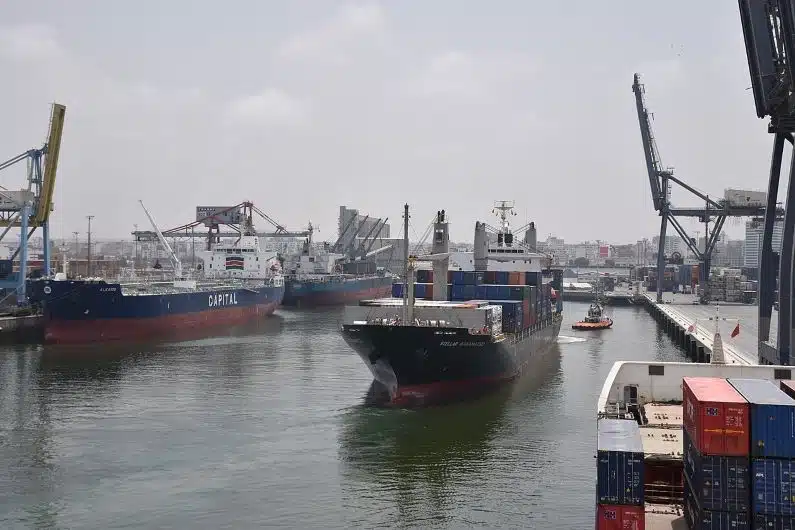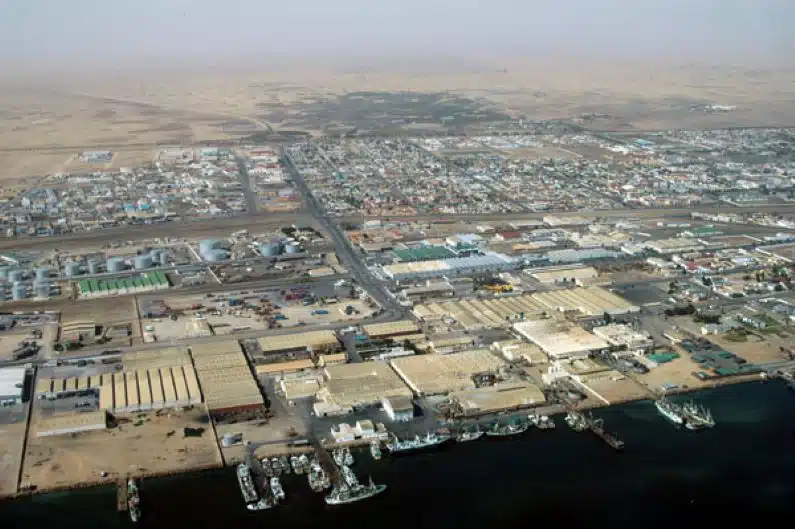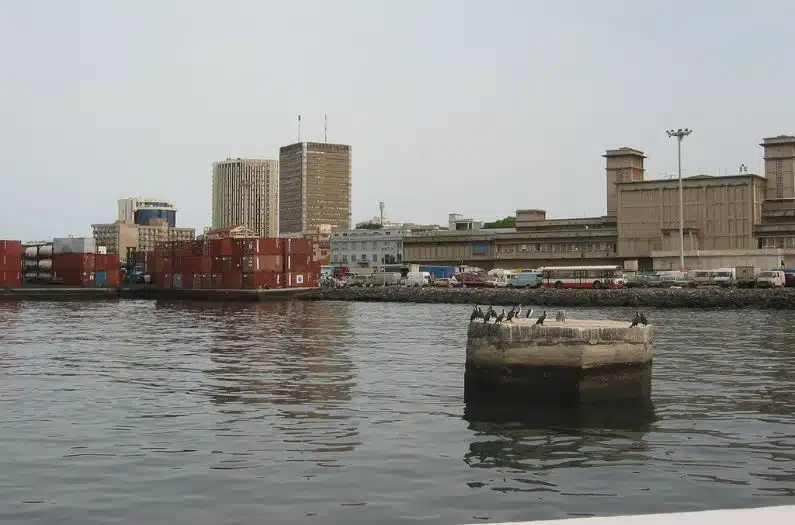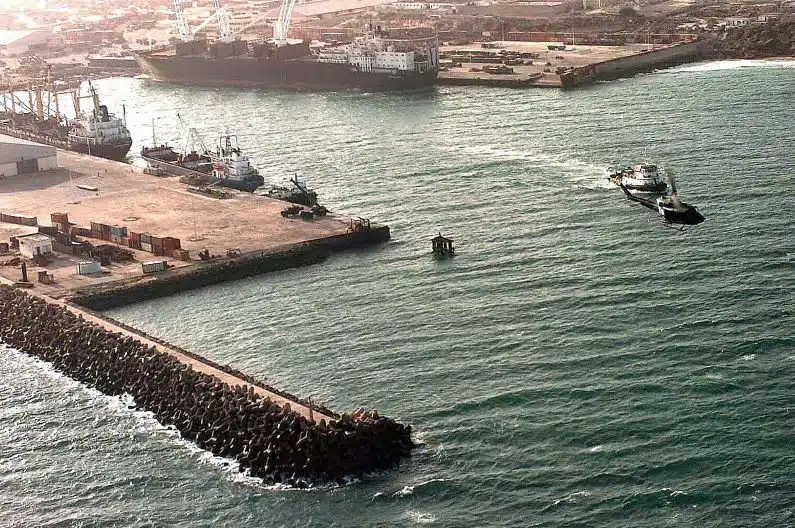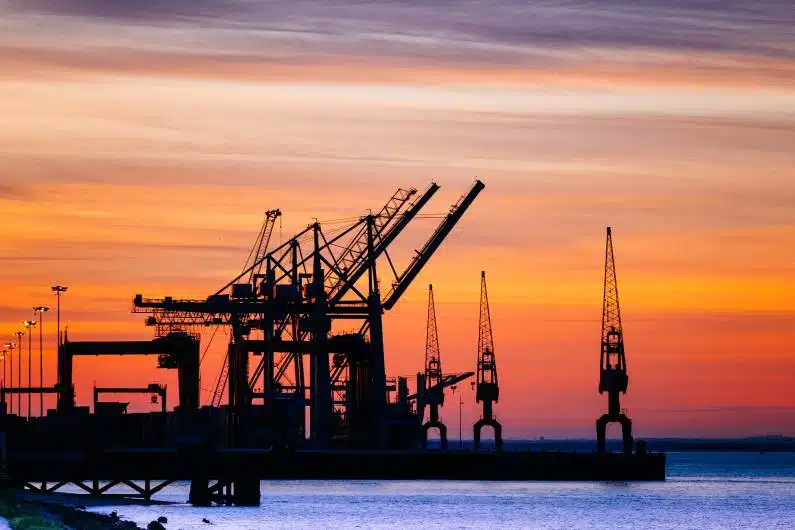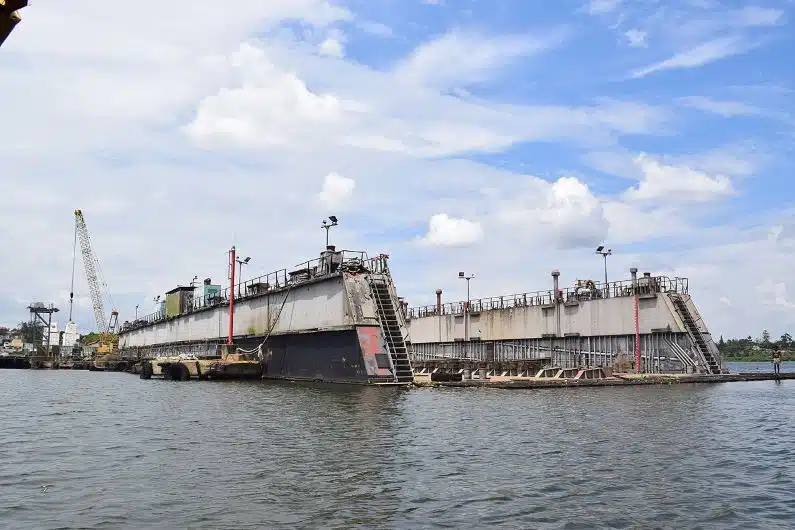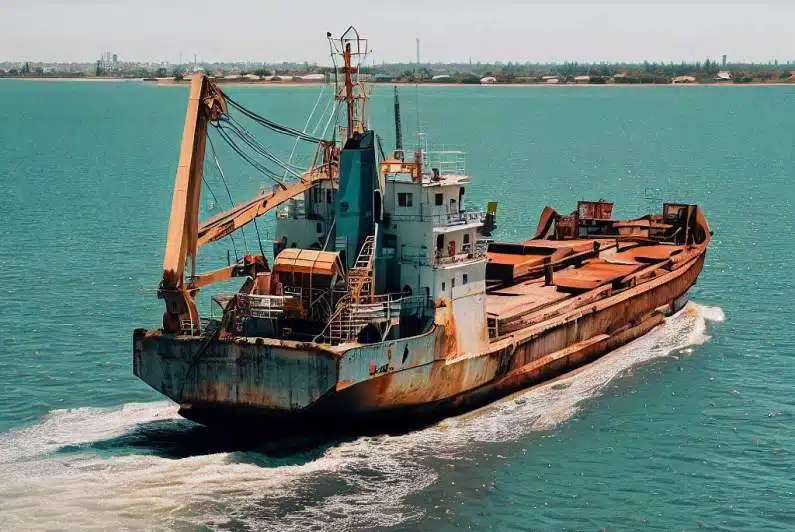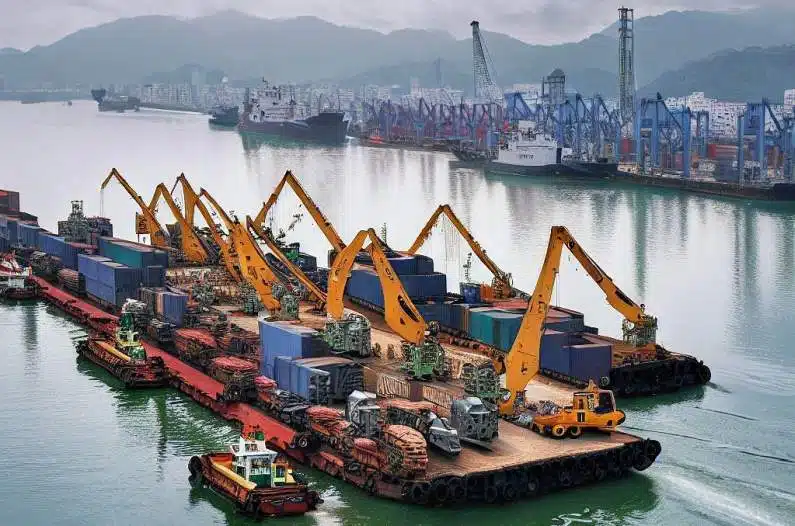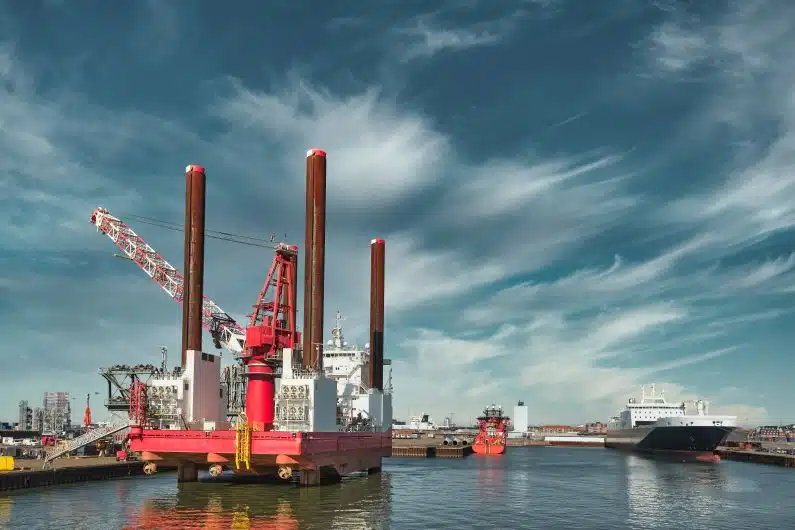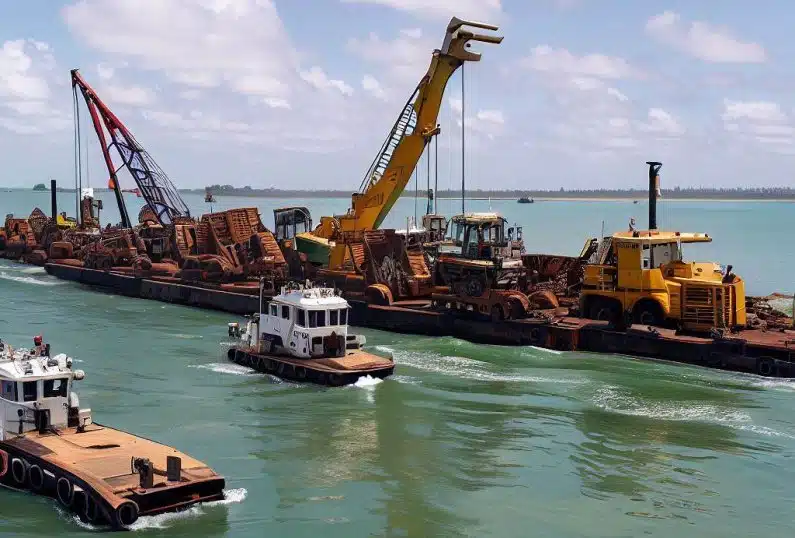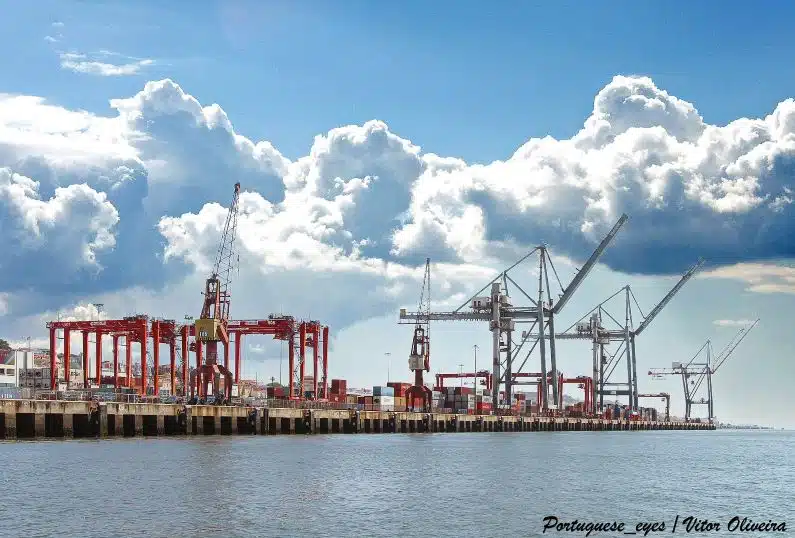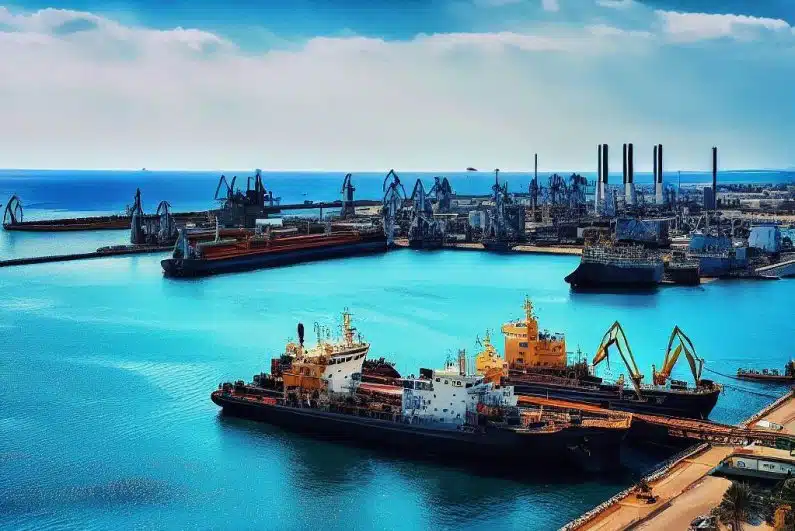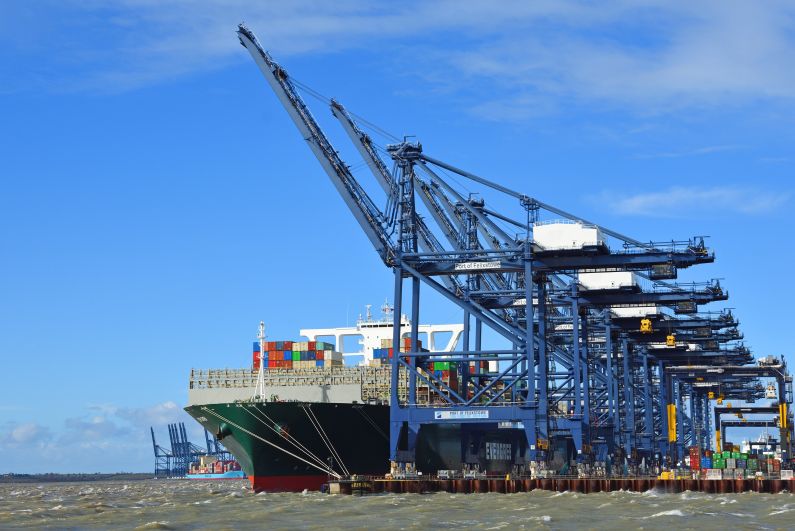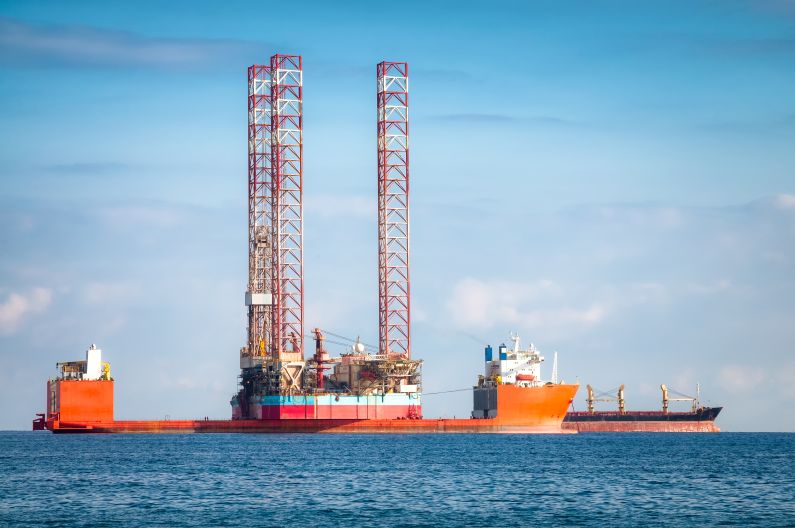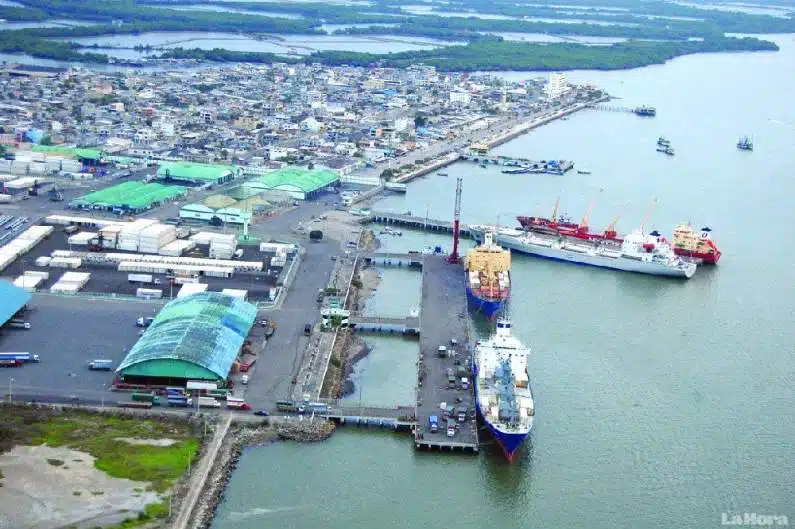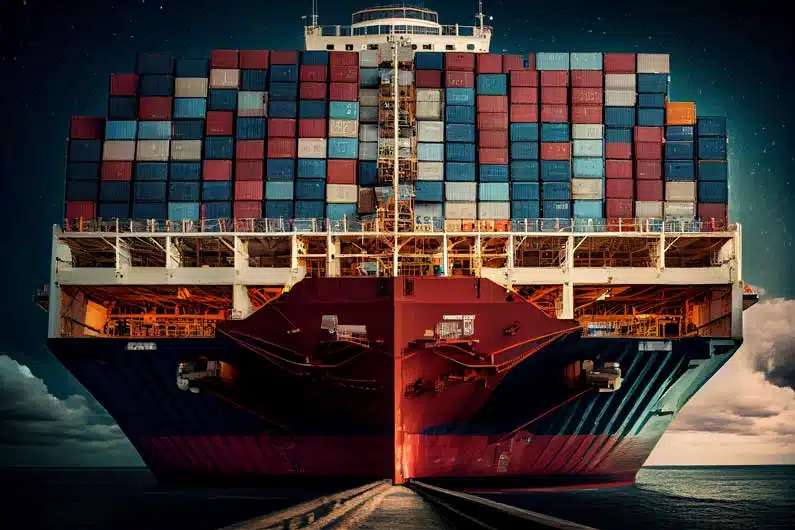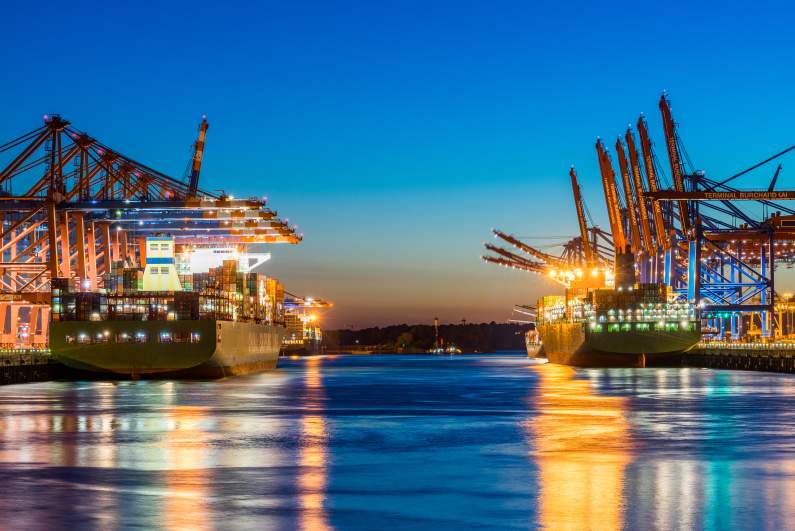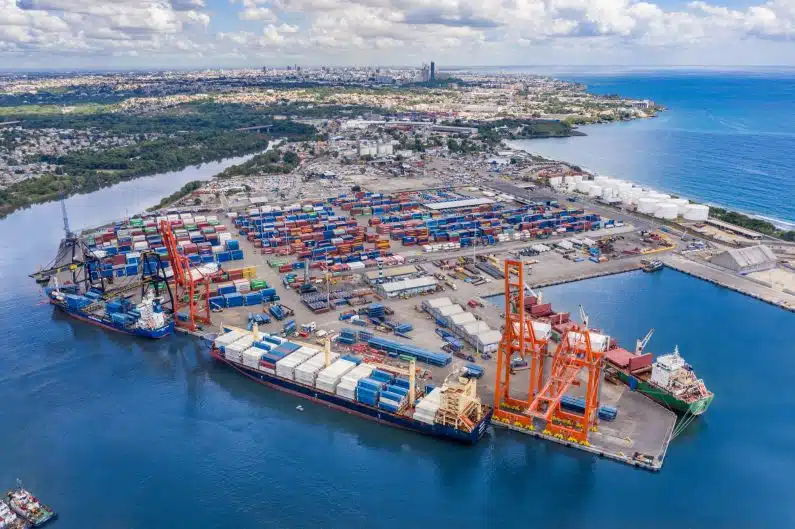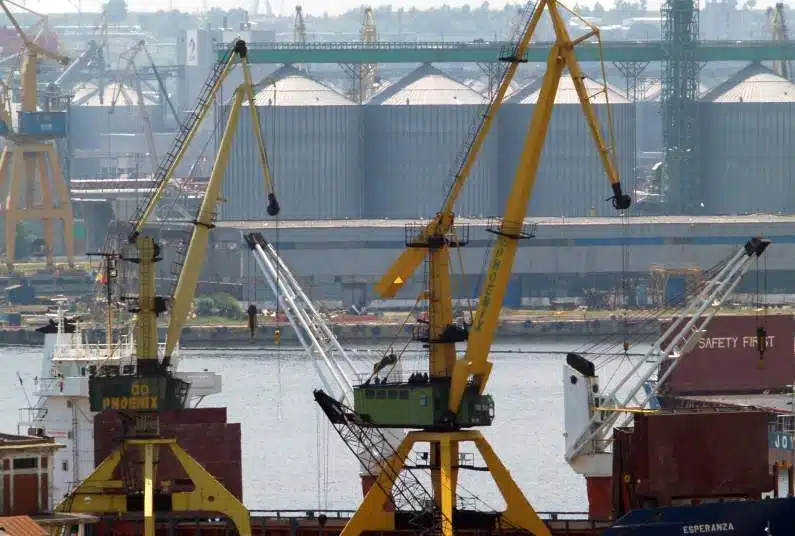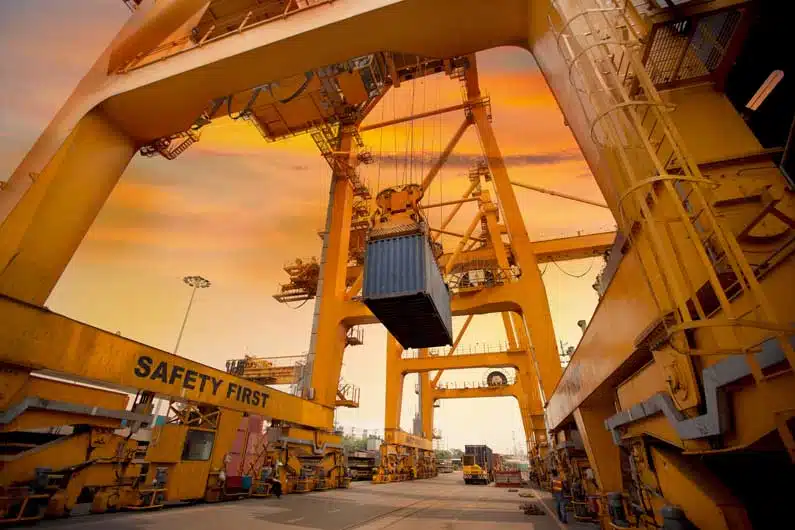Texas is the home of the oil industry due to its rich natural resources, skilled labor, cheap and efficient transport, and about $200 billion industry. Houston, the largest city in Texas, is home to Texas Internation Freight an international shipping and logistics company. Operating in Houston, we know how important the oil industry is. Demand for oil and heavy machinery is at its peak, therefore so is the ability to transport heavy machinery from one place to another.
Acting as one of the biggest Oil Machinery Manufacturers in the world, Texas International Freight provides personalized shipping solutions to meet every customer’s specialized needs. With a wide range of services, Texas International Freight specializes in shipping heavy equipment, oil, and gas logistics worldwide.
Shipping to Yemen
Transporting heavy materials from the U.S. to Yemen comes with complications due to the longevity of the trip as well as the difficult task of crossing over several bodies of water. Overseas shipping to Yemen requires equipment handling, transportation, customs clearances, and delivery. Although seemingly complicated, Texas International Freight has your shipping worries under control. With a wide range of shipping options, you can be sure your needs are met.
Various Shipping Options
When it comes to exporting goods from the U.S. to Yemen, you have two main choices: Maritime Transportation and Aerial Shipment. Both these modes of conveyance are highly efficient and capable of delivering materials from seaport to seaport or airport-to-airport. However, each form of transporting hefty items brings its advantages and drawbacks. Given your distinct shipment requirements, our mission is to pinpoint the most suitable strategy for you. For instance, if you’re hunting for the most economical method, Maritime shipment is your best bet, albeit at the expense of a more distant anticipated arrival date.
Conversely, if your priority is rapid delivery, opting for Air transport would be the best decision, despite its higher cost. Expect the cargo to arrive in 3-4 business days for express shipping or 8-10 days for standard shipping. Having a solid understanding of the advantages and disadvantages of each approach is crucial before finalizing your selection.
Pro’s and Con’s of Air Freight Shipping to Yemen
Pro’s
Various services are included in the price
Included in the price of air shipping cargo are air cargo insurance, communication, export packing and crating, and many more services.
Fast delivery
using Air Freight is the fastest way to get your cargo from one place to another, especially when traveling overseas. Usually, Aircraft can deliver your cargo to anywhere in the world within 2-4 days, whereas ships can take almost a month to travel overseas.
Handling
We know how important it is to get your goods from place to place, this is why we treat fragile and dangerous goods with care. We also will ship cargo airport-to-airport or airport-to-door, thus eliminating any chance of outside tampering. Embracing the expanse of possibilities, we offer an array of shipping options, be it cargo journeying from airport to airport or gracefully transitioning from airport to your very doorstep. With this seamless orchestration, we eliminate any possibility of unwarranted intrusion, sealing the realm of your cargo with an impenetrable shield of protection. Your treasures shall remain untainted, their essence preserved within the confines of our devoted guardianship.
Con’s
Expensive delivery
Compared to Ocean Freight, since Air Freight is exponentially faster, it comes at a steeper price. Price will also be higher due to the weight of objects, whereas Ocean Freight’s price will not vary as much or at all due to weight. This is due to the fast pace delivery we offer through air freight. A greater weight results in a higher cost, as mentioned earlier. Additionally, there are limitations on weight due to the capacity constraints of airplanes.
Weight restrictions
It’s important to note that the correlation between weight and price is evident, as discussed earlier. When an item’s weight increases, the corresponding cost also tends to escalate. Additionally, it’s crucial to consider the weight restrictions imposed by aircraft, as they have predetermined limits on the amount of weight they can safely carry. These restrictions are in place to ensure the aircraft’s structural integrity and optimal performance. Therefore, it becomes imperative to adhere to these limitations to guarantee a smooth and secure transportation process.
Weather
Ocean Freight offers the advantage of traversing various weather conditions, given its mode of transportation via the sea. In contrast, Air Freight may experience delays when unfavorable weather conditions arise, as it prioritizes the safety of air travel. Such weather conditions can pose risks that affect the ability to fly and consequently impact the timely delivery of goods.
Pros and Con’s of Ocean Freight Shipping to Yemen
Pro’s
More cost efficient
If cost efficiency is your priority, opting for Ocean Freight is the more economical choice when compared to Air Freight. This method offers a significantly lower price point, approximately 6-7 times less expensive than its alternative.
Fewer size restrictions
When opting for Air Freight, it is important to consider the weight restrictions imposed by the airplane’s capacity. In comparison to the vast size of a cargo ship, planes have limitations on the amount of weight they can carry and the size of items they can accommodate.
Dependability
Ocean Freight is widely recognized as a highly dependable method for transporting your cargo between ports. Cargo ships are purposefully built to accommodate the transportation of hazardous materials, thereby minimizing the potential for any harm or danger.
Additionally, the reliability of Ocean Freight can be attributed to its well-established track record in efficiently moving cargo from one port to another. With specialized vessels and rigorous safety protocols in place, the transportation of hazardous materials is carried out with utmost care and precaution. This ensures that the risk of any harm or adverse incidents is effectively eliminated, providing you with peace of mind throughout the shipping process. Whether you are shipping goods of a delicate nature or hazardous substances, Ocean Freight remains a trusted and dependable choice for your cargo transportation needs.
Con’s
Longer delivery time
When comparing Ocean Freight to Air Freight, it’s important to note that Ocean Freight typically has a longer transit time. This is primarily because cargo transported by ocean travels across vast distances, relying on the sea route for transportation. In addition, the weight and size of the cargo ships limit their speed compared to airplanes, which can swiftly cover long distances. Therefore, if time is a critical factor for your shipment, it’s worth considering the faster option of Air Freight. However, if you prioritize cost-effectiveness and can accommodate a longer delivery time, Ocean Freight provides a reliable and economical solution for transporting your goods.
Lack of support
When dealing with heavy cargo, it is crucial to have the appropriate infrastructure in place for unloading. However, it’s important to acknowledge that not all ports and regions around the world possess the necessary resources to handle such shipments. As a result, there may be instances where the cargo needs to be rerouted to alternative destinations that can provide the required facilities and equipment. This rerouting ensures that the cargo can be efficiently and safely unloaded, avoiding any logistical challenges or delays that may arise from inadequate resources.
Delays
While delays in Ocean Freight are generally shorter when compared to Air Freight, it’s important to acknowledge that unpredictable weather conditions can still lead to disruptions and subsequent delays. The safety of sailors and the cargo they transport is of utmost importance, and if weather conditions pose a risk to their well-being, it may result in temporary holds or rerouting of shipments until safer conditions prevail. These precautions are taken to ensure the safety of both personnel and cargo and while efforts are made to minimize the impact of weather-related delays, it’s important to recognize that such circumstances are beyond our control.
Texas International Freight’s Types of Shipping
Before deciding on the most suitable method of freight shipping for your requirements, it is crucial to first determine the type of logistic service that aligns with your specific shipping needs. By carefully assessing and selecting the appropriate logistics solution, you can ensure a seamless and efficient transportation process that caters to your unique requirements. Taking this initial step allows you to lay a solid foundation for a successful shipping experience tailored to your individual needs.
Break Bulk Shipping
A common choice for shipping heavy equipment and oil and gas logistics. Break bulk shipping is used when due to the size or weight of cargo, cargo is loaded individually in pieces that fit into a container. Our company’s break bulk shipping services involve loading and unloading cargo onto specialized vessels using cranes and other specialized equipment.
Container Shipping
Texas International Freight also provides container shipping services for clients who are looking for a less expensive option for their heavy equipment and oil and gas logistics.
We offer a range of container options, including 20-foot and 40-foot containers, to meet the unique needs of our clients. Our company’s container shipping services involve the transportation of cargo in standard containers that can be easily loaded and unloaded from ships.
Less-Than-Container Shipping
This particular shipping method is designed for individuals or businesses whose cargo is of a smaller size and does not require an entire container. Opting for this option provides the opportunity to share a container with other shipments, potentially resulting in reduced shipping expenses. By consolidating multiple shipments within a single container, you can maximize cost efficiency while still ensuring the safe and reliable transportation of your cargo. This shared container approach offers a practical solution for those seeking an economical and efficient shipping solution for smaller-sized cargo.
How Much Does It Cost to Ship to Yemen?
The cost of shipping to Yemen can vary depending on various factors such as the weight and size of the package, the shipping method you choose, the origin and destination of the shipment, and any additional services you may require such as insurance or expedited delivery. To get an accurate estimate of the shipping cost, you can contact Texas International Fright to get a shipping quote.
Note: International shipments may also be subject to customs duties and taxes.
Major Ports in Yemen
When shipping heavy equipment and oil and gas logistics to Yemen from Houston and the USA, it is important to consider the major ports in the country. Some of the major ports in Yemen include:
- Aden (Primary Port): situated in Aden along the Gulf of Aden, this is the largest and most significant port in Yemen.
- Al Hudaydah: located on the Red Sea, a smaller port
- Al Mukalla: a small port located on the Gulf of Aden
- Mokha also spelled Mocha: is a port city on the Red Sea
Why Choose Texas International Freight?
Texas International Freight is a leading provider of shipping heavy equipment and oil and gas logistics services from Houston and the USA to Jordan. With our extensive network of partners and agents around the world, we can provide efficient and cost-effective shipping solutions to meet the unique needs of our clients in Hong Kong.
Personalized Service and Competitive Rates
At Texas International Freight, we pride ourselves on offering superior personalized services at competitive rates. We work closely with our clients to understand their unique needs and provide tailored shipping solutions that meet their requirements.
We have experience working with a variety of industries, including the energy industry, shipbuilding companies, mining companies, original equipment manufacturers (OEMs), the aerospace industry, procurement companies, machinery dealers, and engineering, procurement, and construction companies (EPCs).

